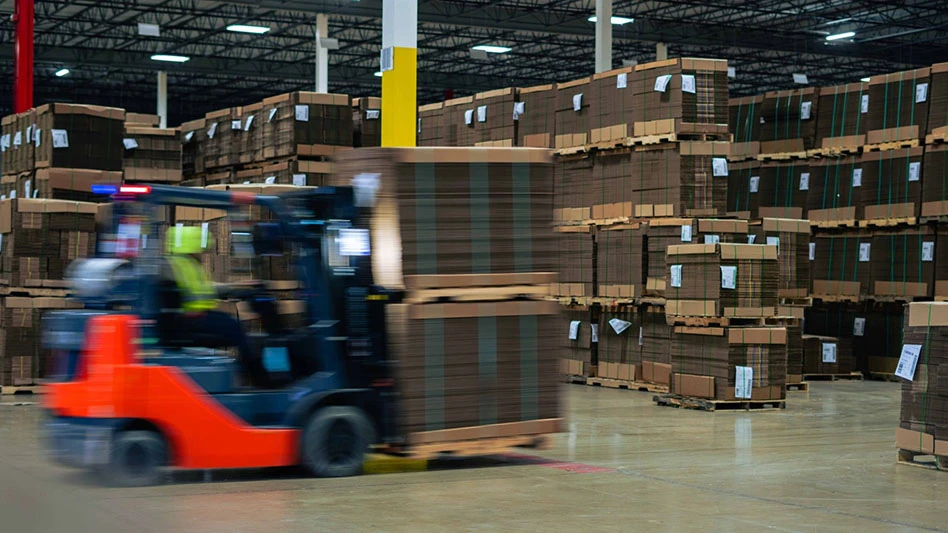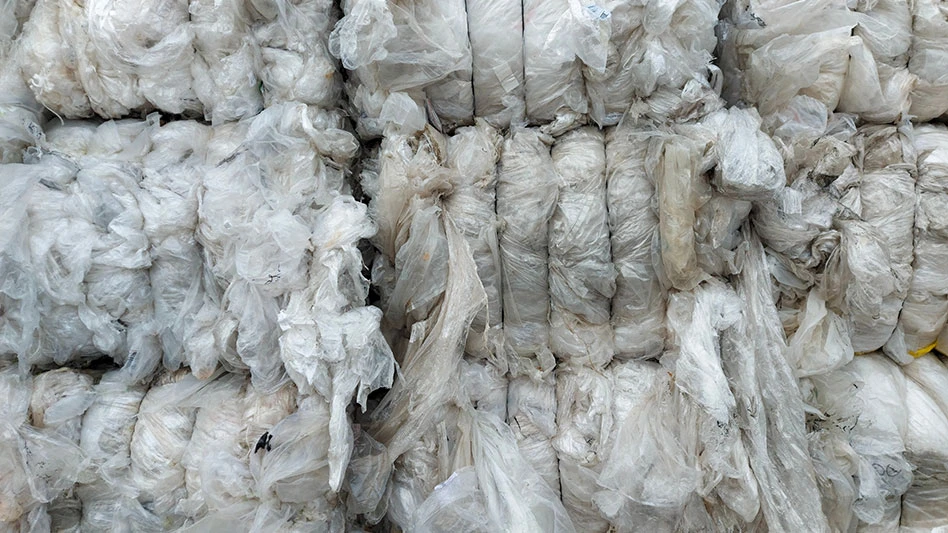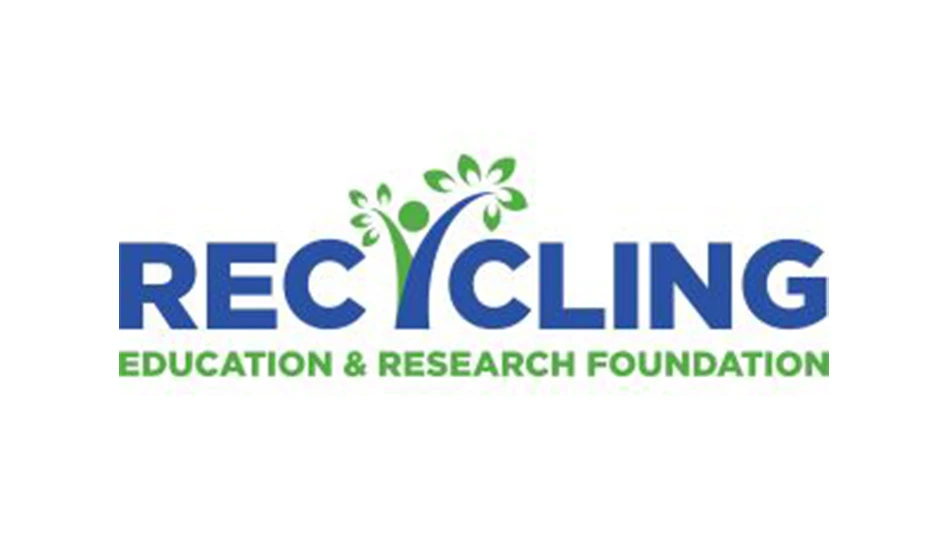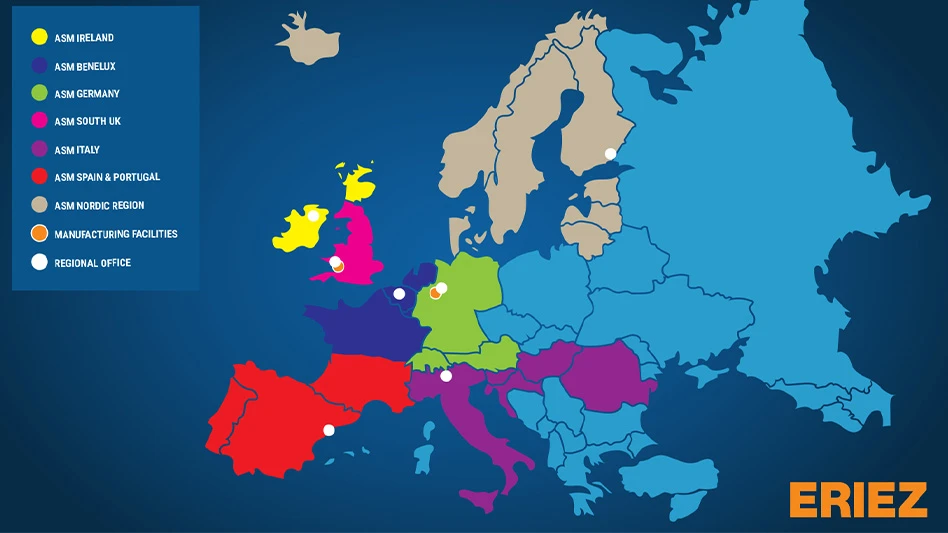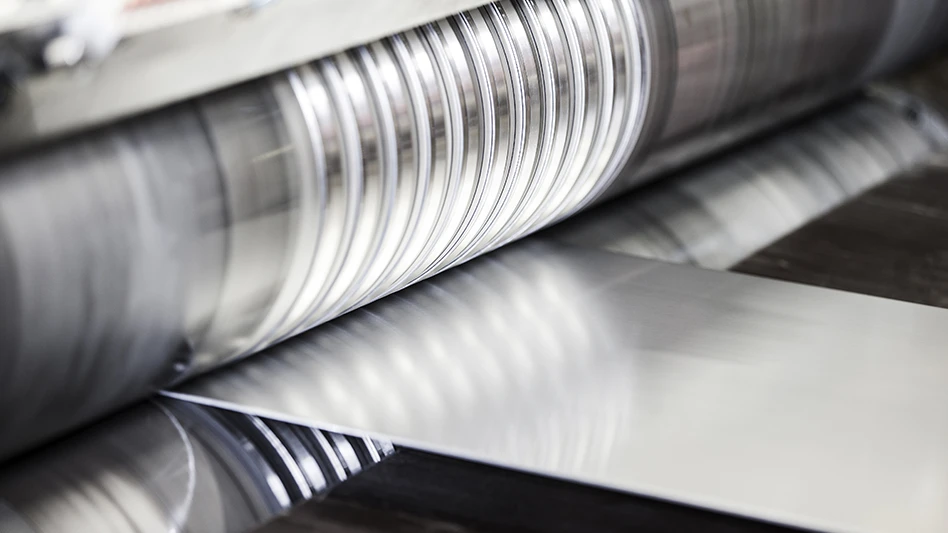
Soap Cycling, a Hong Kong-based not-for-profit group that collects, repurposes and distributes discarded soap and shampoo from hotels, has recycled some 550 kilograms (more than half a metric ton) of plastic shampoo and soap bottles from hotels in Hong Kong in the first half of 2018.
Although the organization concentrates on the distribution of soap to people in need, it has broadened its efforts to research and develop recycling markets for the single-use plastic shampoo and soap bottles commonly used at hotels. Soap Cycling estimates that some 3 metric tons of the small bottles may be distributed in Hong Kong each month.
The group is exploring additional recycling end markets for the plastic bottles collected, with Soap Cycling General Manager Pat Davis estimating the group has collected some 2 metric tons of plastic bottles by weight thus far in 2018, but has found outlets for just slightly more than one-quarter of that volume.
In a report to stakeholders presented in Hong Kong in late June, Davis said the organization has collected, refurbished and distributed some 2.3 million bars of soap in its five-year existence and some 325,000 bars of soap in 2017 alone.
Some of the soap goes to people in need in Hong Kong, including elderly people on fixed incomes, while much of the rest goes to poor, rural communities in the Philippines.
Davis said Soap Cycling assembled and distributed some 5,500 “hygiene kits” in the first half of 2018, with these including repurposed soap and other items needed by people with limited incomes. He said the organization also has delivered about half a metric ton of repurposed soap to the Philippines so far this year.
Soap Cycling is gathering corporate support and seeking volunteers for an August 2018 trip to the Philippines designed to offer not only soap and hygiene kits, but also public health services to people suffering from stomach ailments, skin rashes and other hygiene-related illnesses. Davis says Soap Cycling works with the International Care Ministries not-for-profit to bring soap to the same places where new water treatment or purification plants have been established, thus bringing two health and sanitation upgrades in tandem.
Soap Cycling was founded by University of Hong Kong (HKU) law students in 2012, who worked in close cooperation with faculty member David Bishop. The group’s co-founding sponsor is the Hong Kong-based Chow Tai Fook Charity Foundation, which provides support by donating warehouse space where Soap Cycling conducts its processing and packaging activities.
Bishop and Davis have tied HKU students (and now students at a nearby university in Shenzhen, China) into the Soap Cycling effort, allowing them to gain experience in marketing, logistics, accounting, human resources and other disciplines by serving as a highly coordinated volunteer staff for the nonprofit.
The students help recruit and manage additional volunteers drawn from Hong Kong’s business community, other schools, faith organizations and the large community of maids or “domestic helpers” who work in Hong Kong. Davis says in an average year some 3,000 volunteers play a part in Soap Cycling’s efforts.
Davis says the Soap Cycling effort has enjoyed reliable support from corporate sponsors, including financial institutions such as Credit Suisse, Morgan Stanley, Goldman Sachs and State Street Financial and freight forwarding firm Kuehne + Nagel.
Solid soap bar processing involves the use of a small grinding machine, a mixing process and a compressing/extrusion process to create new bars. Although Soap Cycling has concentrated on solid soap bars, which Davis says are the mainstay of soap used at upscale hotels in particular, the group also has developed a process to recycle leftover liquid soap—and the plastic bottles that come along with them.
The recycled and repackaged soap can ultimately save lives. The United States-based Centers for Disease Control estimates that “washing hands with soap and water could reduce diarrheal disease-associated deaths by up to 50 percent” globally.
Latest from Recycling Today
- CalRecycle opens comment period on proposed SB 54 revisions
- 2026 Circular Steel Summit: Taking stock of tariffs
- CDRA Conference & Tradeshow 2026: Addressing battery fire risks
- Darda equipment now available in North America
- Struktol's ZB 47 and ZB 49 improve processability in rubber compounds
- Volatility wave hits copper pricing
- ArcelorMittal legal battle with Italy continues
- Altor program boosts EPS recycling
